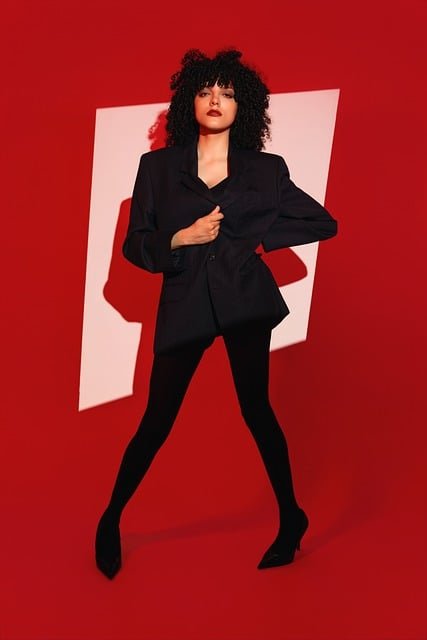**"Sustainable Fashion: The Future of Style"** In this post, we can explore the

Sustainable Fashion: The Future of Style
In a world increasingly aware of environmental issues, sustainable fashion is more than just a trend—it's a movement. As consumers become more conscious of their choices, the fashion industry is evolving to meet the demand for ethical, eco-friendly, and sustainable practices. Let’s dive into what sustainable fashion means, its significance, and how it shapes the future of style.
What is Sustainable Fashion?
Sustainable fashion refers to clothing, shoes, and accessories that are designed, manufactured, and marketed in an environmentally and socially responsible manner. This includes using sustainable materials, reducing waste, and ensuring fair labor practices throughout the supply chain.
Key Principles of Sustainable Fashion:
Eco-Friendly Materials: Utilizing organic cotton, Tencel, hemp, and recycled fabrics that minimize environmental impact.
Ethical Production: Ensuring fair wages and safe working conditions for all workers involved in the production process.
Waste Reduction: Implementing practices such as zero-waste design, upcycling, and recycling to minimize textile waste.
Timeless Design: Creating versatile, high-quality pieces that transcend trends and encourage longevity in wardrobes.
Transparency: Brands are increasingly being held accountable for their practices, leading to a demand for transparency in sourcing and production.
Why Sustainable Fashion Matters
Environmental Impact
The fashion industry is one of the largest polluters globally, contributing to water pollution, excessive waste, and carbon emissions. By embracing sustainable practices, we can significantly reduce the industry's ecological footprint.
Social Responsibility
Sustainable fashion promotes fair labor practices, ensuring that workers are treated with dignity and respect. By supporting ethical brands, consumers can help foster a more equitable industry.
Consumer Awareness
As awareness of sustainability grows, consumers are seeking brands that align with their values. This shift is pushing the fashion industry towards more responsible practices, creating a positive feedback loop for sustainable initiatives.
The Future of Style
Innovative Materials
The future of sustainable fashion lies in innovation. Brands are exploring new materials, such as lab-grown leather and biodegradable fabrics, that offer alternatives to traditional textiles.
Circular Fashion
Circular fashion is a model that emphasizes the reuse and recycling of clothing. Brands are beginning to adopt take-back programs and rental services, encouraging consumers to think beyond the single-use mentality.
Personalization and Customization
With advancements in technology, personalized fashion is on the rise. Custom-made garments reduce waste and promote a unique style that resonates with individual consumers.
Community and Collaboration
Sustainable fashion thrives on community. Collaborations between brands, designers, and consumers can lead to creative solutions and shared resources, fostering a culture of sustainability in fashion.
Conclusion
Sustainable fashion is not just a fleeting trend; it represents a fundamental shift in how we approach style and consumption. As we move towards a more sustainable future, embracing eco-friendly practices and supporting ethical brands will be key. By making conscious choices, we can all contribute to a fashion industry that values both style and sustainability.
Join the Movement!
Are you ready to be part of the sustainable fashion revolution? Share your thoughts in the comments below, and let’s discuss how we can all make a difference in our wardrobes! 🌿✨
Feel free to share this post on your social media platforms to spread awareness about sustainable fashion!

Upvoted! Thank you for supporting witness @jswit.